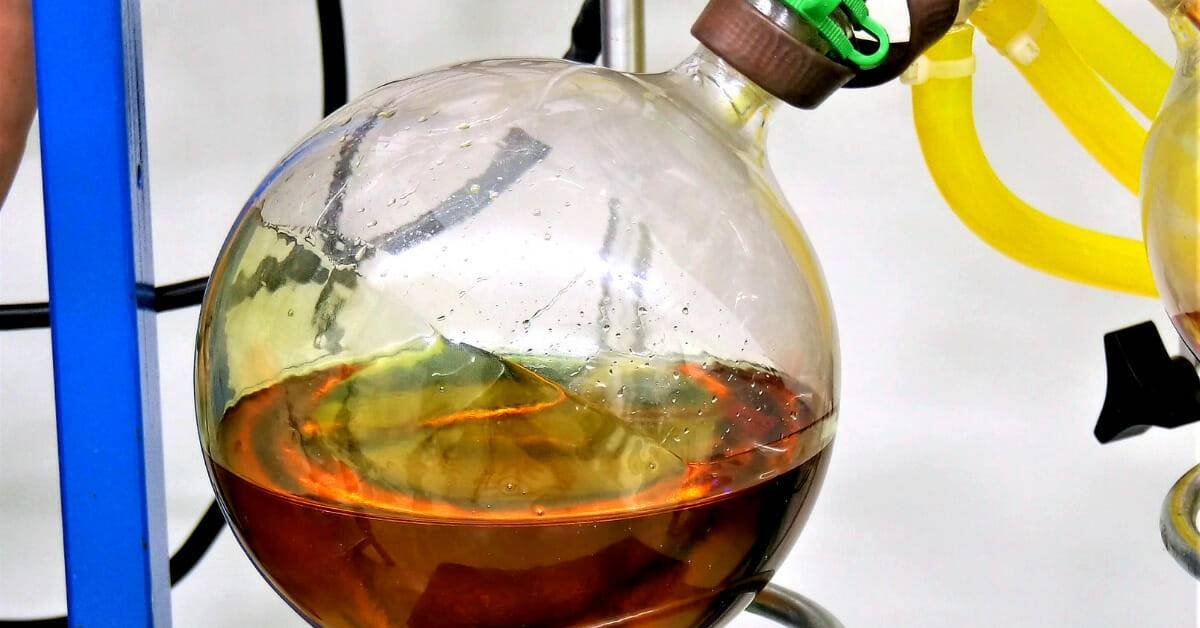THCjd: A New Breakthrough in Cannabis Science
So a lot of buzz in the cannabinoid realm has a lot of people asking, What is THCjd?
Well as you may know the world of cannabis is constantly evolving, with new discoveries and advancements emerging every day. One of the latest breakthroughs in this field is THCjd, a new type of delta-9-tetrahydrocannabinol (THC) found in the cannabis plant. This new discovery has the potential to revolutionize the way we think about cannabis and its potential benefits.

What is THCjd?
THCjd is a novel type of THC that has been found to have unique properties and effects compared to traditional THC. While traditional THC is known to produce the “high” commonly associated with marijuana use, THCJD has been found to have a more pronounced therapeutic effect, without the associated psychoactive effects. This makes it an exciting new development for those looking for the potential benefits of THC without the unwanted side effects.
How is THCjd made?
THCjd is found in small quantities in certain strains of the cannabis plant, making up roughly 1% of the plant’s total cannabinoid profile. Direct extraction of THCjd from the plant is possible, but the scarcity of this compound makes it challenging to produce cost-effective products.
As a result, most THCJD products currently available on the market are actually converted from CBD through a process called isomerization. This process involves chemically converting CBD into THCjd to create a more abundant and cost-effective supply. While further research is needed to fully understand the effects and potential benefits of THCjd, its unique properties have garnered significant attention in the cannabis and wellness industries.

How Does THCjd Work?
Like traditional THC, THCjd works by binding to the body’s endocannabinoid receptors, which are involved in regulating various physiological processes such as pain, mood, and appetite. However, THCjd is structurally different from traditional THC, which is thought to account for its unique effects. Further research is needed to fully understand how THCjd works and the mechanisms behind its therapeutic effects.
Potential Benefits
While the research on THCJD is still in its early stages, initial studies have shown promise in its potential benefits. Some of the potential therapeutic effects of THC-JD include:
- Relief of chronic pain
- Reduction of inflammation
- Improved mood and reduction of anxiety
- Increased appetite
- Improved sleep
You can find more information on the studies that have been done here at this link. https://pubmed.ncbi.nlm.nih.gov/22448949/
Drawbacks and Risks
As with any new substance, there are some drawbacks and risks associated with THCJD. Some of these include:
- Lack of regulation: THCjd is a relatively new substance, and there is currently no regulation in place for its production, distribution, or use. This means that there is a risk of consuming products of varying quality and potency.
- Lack of research: While initial studies have shown promise in the potential benefits of THC-jd, more research is needed to fully understand its effects and potential risks.
- Potential drug interactions: As with any substance, there is a risk of drug interactions with THCjd. It is important to speak with a healthcare provider before using THCjd to ensure it is safe and appropriate for you.
THC-jd is an exciting new development in the world of cannabis and its potential health benefits. However, it is important to approach it with caution, as there is still much to learn about this new substance. Further research is needed to fully understand the effects and potential risks of THCJD, and to determine its place in the world of cannabis and wellness.
DISCLAIMER
The information contained on this website and in any related materials is provided for informational and entertainment purposes only, and is not intended to constitute professional advice of any kind. We do not make any representations or warranties concerning the accuracy or completeness of the information contained on this website or in any related materials.
We are not responsible for any claims made regarding the use of CBD or other cannabinoids. The opinions expressed in our articles are those of the authors and do not necessarily reflect the views of the company or its employees.
